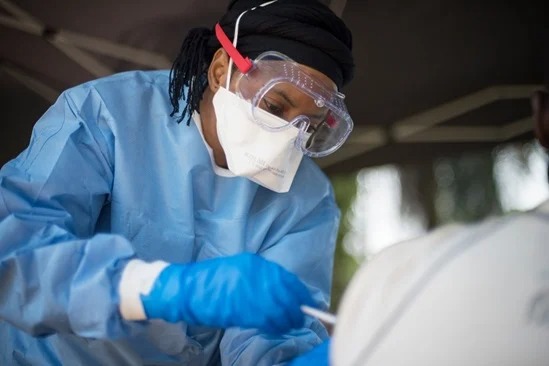Your cart is currently empty!

5 Essential Medical Consumables Every Healthcare Facility Should Have
By Dr. David Atuhe
In the fast-paced world of healthcare, where every second counts, having the right medical consumables at hand can mean the difference between life and death. Medical consumables are indispensable items used daily in healthcare settings to support diagnostic, therapeutic, and preventive measures. As a healthcare professional in Uganda, I have seen firsthand how the availability—or lack thereof—of these items impacts patient outcomes. Below, I highlight five essential medical consumables every healthcare facility should prioritize, supported by examples from real-world scenarios.
1. Personal Protective Equipment (PPE)
PPE, including gloves, masks, gowns, and face shields, forms the first line of defense against infections. During the COVID-19 pandemic, the importance of PPE became universally recognized. In one instance, a rural clinic in Uganda avoided a severe outbreak of tuberculosis among its staff because they consistently stocked and used high-quality masks and gloves.
PPE is not only crucial for protecting healthcare workers but also for safeguarding patients from cross-contamination. Regular supply of PPE should be a non-negotiable priority for all healthcare facilities.
2. Syringes and Needles
Syringes and needles are fundamental for administering medications, drawing blood, and vaccinating populations. Imagine a vaccination drive being halted due to a shortage of syringes—such disruptions can have devastating public health consequences.
3. Wound Care Supplies
Proper wound management relies on consumables such as bandages, gauze, antiseptics, and adhesive plasters. These items play a critical role in preventing infections, especially in settings with a high burden of trauma cases.
4. Intravenous (IV) Equipment
IV fluids and administration sets are critical for managing dehydration, delivering medications, and stabilizing patients in emergencies. During a cholera outbreak in a fishing community near Lake Victoria, IV equipment saved hundreds of lives by swiftly rehydrating patients.
Without adequate stocks of IV cannulas, tubing, and fluids, many healthcare facilities struggle to provide timely care. Ensuring a consistent supply of these items is vital for addressing a wide range of medical emergencies.
5. Diagnostic Test Kits
Diagnostic consumables, such as malaria rapid diagnostic tests (RDTs), HIV test kits, and glucose monitoring strips, are essential for timely and accurate disease identification. In Uganda, where malaria is a leading cause of morbidity, the availability of RDTs has revolutionized treatment by enabling immediate diagnosis and intervention.
The importance of medical consumables in healthcare cannot be overstated. PPE, syringes, wound care supplies, IV equipment, and diagnostic test kits form the backbone of any well-functioning healthcare system. By ensuring these items are always available, healthcare facilities can deliver effective, timely, and safe care to their patients.
In my work with Matrix Resources, I have witnessed how strategic investment in consumables transforms healthcare delivery, especially in resource-limited settings like Uganda. Policymakers, donors, and healthcare administrators must prioritize the continuous supply of these essential items to uphold the health and safety of communities.

Leave a Reply